Description
The Rich Cultural Heritage of Meetha Bogori Pickle
Meetha Bogori pickle, a delightful sweet and tangy condiment crafted from the Indian jujube, or bogori, holds a special place in Assamese culinary traditions. This unique pickle is not merely a treat for the taste buds but a significant element of Assam’s rich cultural tapestry. The origins of Meetha Bogori pickle are deeply embedded in the region’s history, with recipes passed down through generations, reflecting the essence of familial and community bonds.
The historical context of Meetha Bogori pickle reveals its transformation from a household staple to a symbol of Assamese identity. Traditionally, Assamese households prided themselves on their unique pickle recipes, each family adding its distinct touch to the preparation. The process of making this pickle is a meticulous one, involving the selection of the finest bogori, followed by sun-drying, and then soaking in a blend of jaggery, sugar, and a mix of spices that impart its characteristic flavor. This traditional method ensures the preservation of the pickle’s authentic taste and texture, making it a cherished delicacy in Assamese cuisine.
Regional variations of Meetha Bogori pickle add to its charm, with each area in Assam introducing subtle differences based on local ingredients and preferences. Some variations may incorporate additional spices or different proportions of sweeteners, yet the core essence remains unchanged—an exquisite balance of sweetness and tanginess that defines Meetha Bogori pickle.
Beyond its everyday presence, Meetha Bogori pickle also holds a special place during Assamese festivals and occasions. It is often prepared and served during Bihu, the most significant festival in Assam, which marks the Assamese New Year and the harvest season. The pickle’s presence during such festivities underscores its cultural importance and the role it plays in communal celebrations, symbolizing the warmth and hospitality of Assamese culture.
In essence, Meetha Bogori pickle is more than just a condiment; it is a cultural artifact that encapsulates the heritage, traditions, and culinary expertise of Assam. Its enduring popularity and the continued practice of its traditional preparation methods highlight the deep-rooted connection between food and cultural identity in Assamese society.

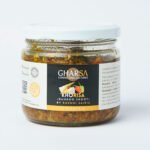
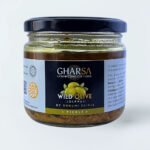
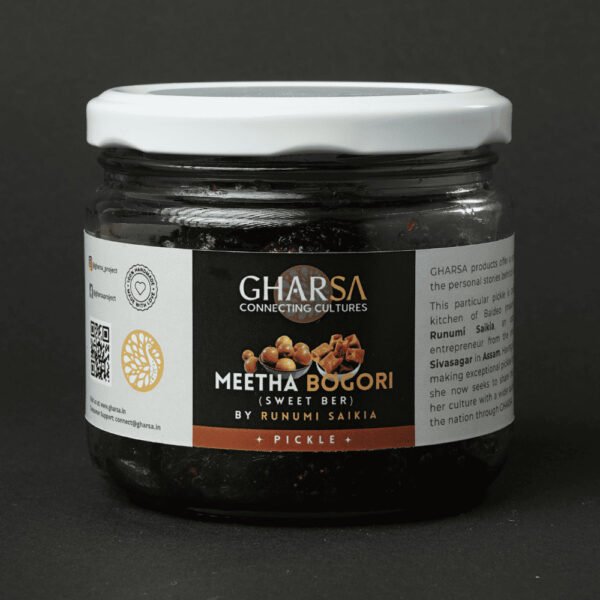
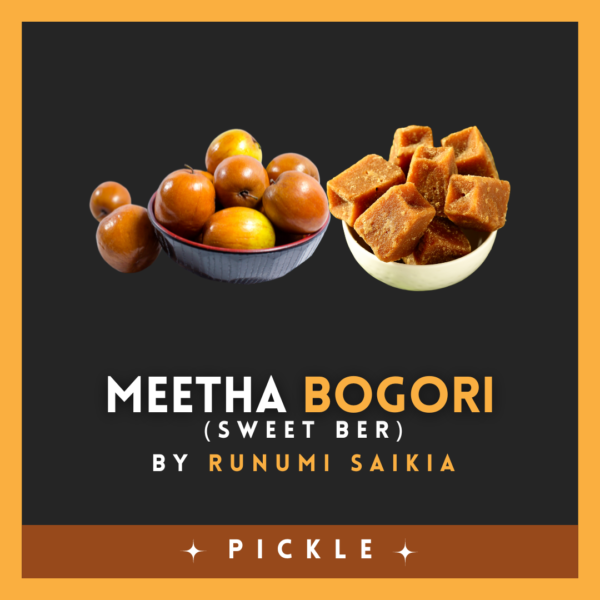

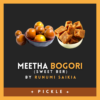

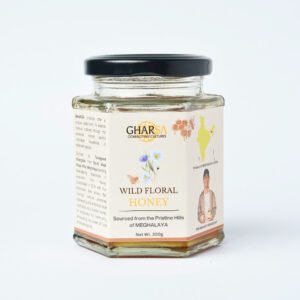
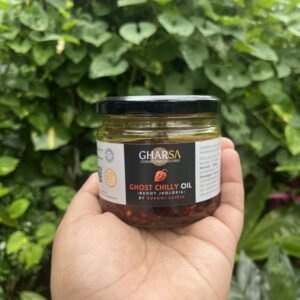
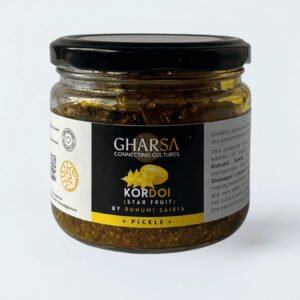
Reviews
There are no reviews yet.